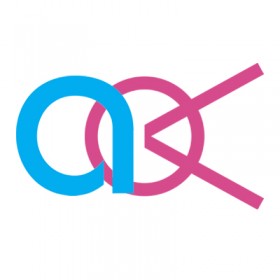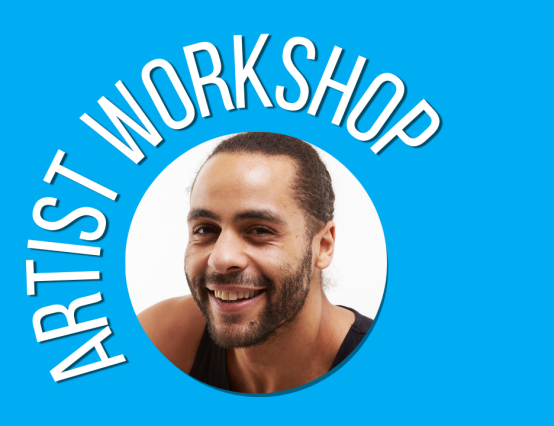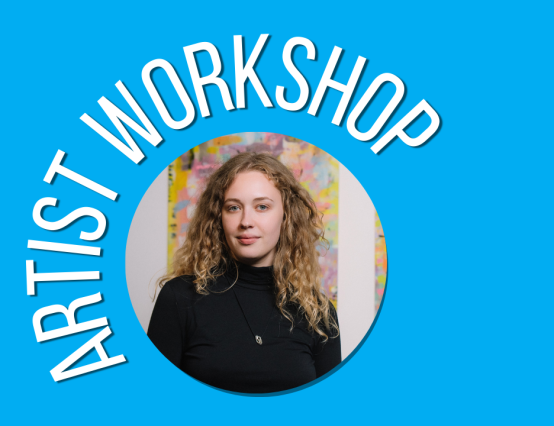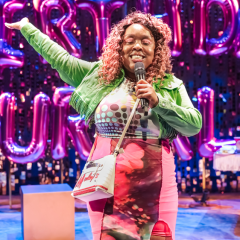Leading an arts project can seem a daunting task at the beginning of your Arts Award. But with enough organisation and awareness throughout the project, you’ll be hop, skipping and jumping over to your Gold Award in no time...
1. Organisation, organisation, organisation 📚
Once you’ve finalised your project aims and outcomes, it’s time to get organised. By which I mean: refer to that action plan. Start setting out daily or weekly goals to accomplish your project on time. Meet the goals, greet the deadlines, defeat the setbacks.
What does it mean to be an effective leader for your arts project? Organisation. Or even: unnecessary organisation. Spend a little while considering the potential loopholes in your project plan. Which participants may need extra support? Will I have enough time to give extra support during the workshop or project? Will I have enough materials if someone wants to start again? Will my workshop overrun?
2. Beware 👀
So you’ve absolutely smashed the organisation and your workshop or project is up and running - but it’s still necessary to be vigilant.
Whilst the workshop is running, take a step back. Unwind from being wrapped up in what’s going on just for one moment. Check in with each participant and think: are their needs being met?
It could be that one participant is struggling with a method of explanation, or is finding the artwork particularly challenging to achieve. Being aware of people’s needs often requires a simple fix: this could be extending part of the workshop and cutting another part.
3. Adaptive, not static 📺
Awareness of different needs is the first part of being adaptive throughout your project. If you’ve noticed a slight glitch in your project workshop, work to fix it. Feedback received from those whose needs have been met and exceeded will be much more rewarding than from those whose needs have been discarded.
So why not check your project plan is able to be adapted, rather than static? If you’ve scheduled in extra time here and there to allow for overruns or extra breaks, there’s no doubt your project will take place in a more relaxed and comfortable atmosphere: one where people can ask questions and learn from your arts expertise.
4. Any feedback? 🎙️
Congrats! You’ve just delivered your first arts leadership project: no doubt it’s the first of many.
Before you celebrate - you need one last thing from your participants. Whether you’ve designed your own feedback form, suggested they sketch out their experiences, or choose anything in between, it’s vital you capture their thoughts. How did they find the experience? What was the main thing they learnt? What did they find challenging?
No doubt, this feedback will help you with your end-of-project evaluation...
5. Record it! 📱
Maybe you delivered this project last week, last month or last term. Either way, it’s most likely you won’t remember every single detail about the project. That’s why it’s a great idea to keep records from throughout your project: from project plan drafts, to notes about materials, and maybe even regular diary entries during the run up to delivery.
These records will be of particular help when coming to assess the project and considering how you’d improve were you to deliver a similar event again.
For more advice and inspiration, head over to our Silver Hub.









0 Comments